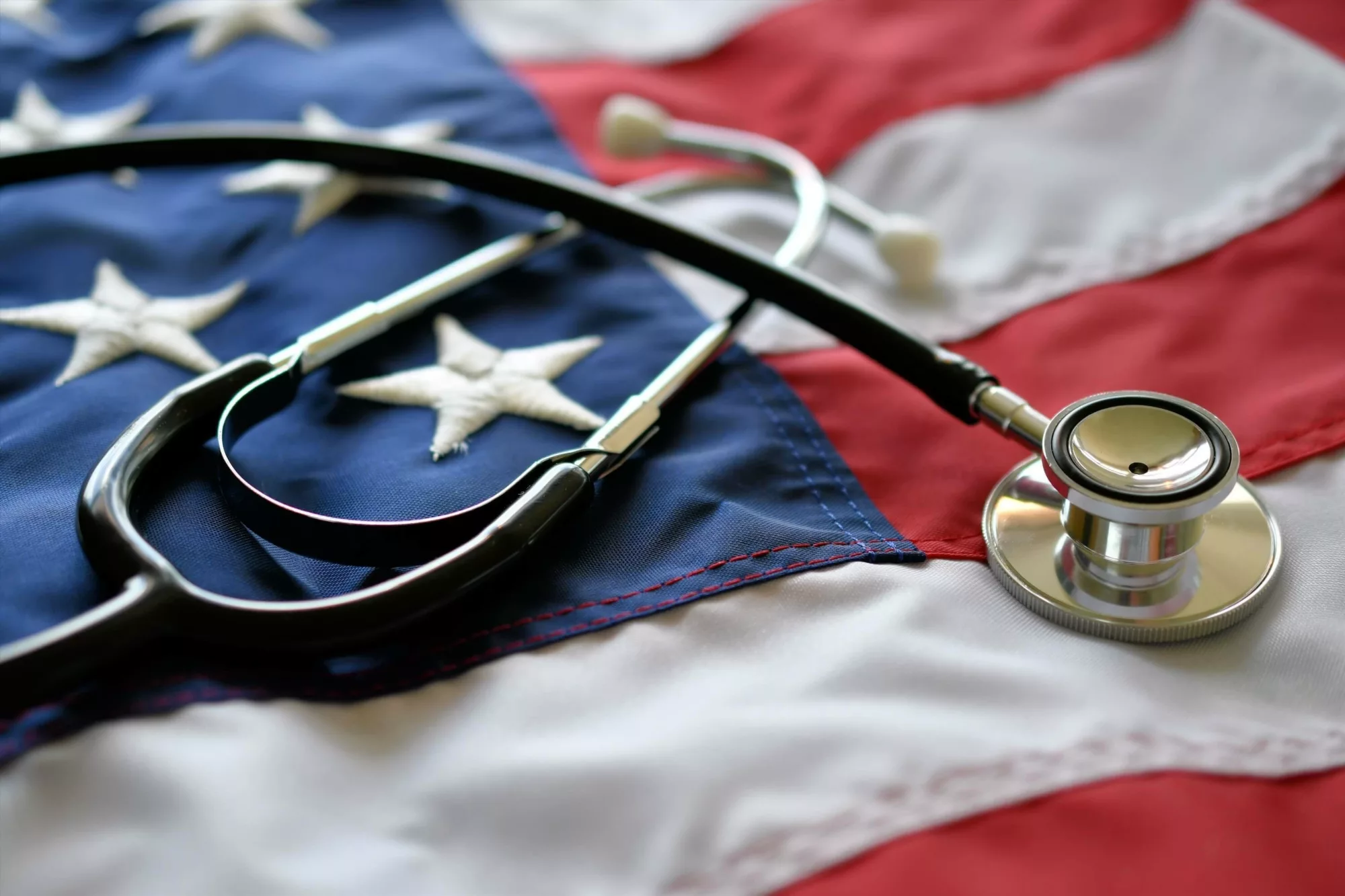
Black & Jones Wins 100% Rating for Vietnam Veteran with Ischemic Heart Disease
From Service to Struggle
A veteran who served during the Vietnam Era was exposed to herbicide agents, including agent orange. Almost four decades after his service ended in 1969, he was diagnosed with hypertension. As the years went on, he developed other cardiac conditions such as bradycardia, carotid artery stenosis, atrial fibrillation cerebrovascular disorder and more. He finally applied for service-connected compensation for these cardiac issues, but the U.S. Department of Veterans Affairs (VA) denied his claim indicating that his conditions were not service connected. Feeling discouraged and ignored by his country, he sought representation with Black & Jones.
Overcoming Denial Hurdles
Black & Jones immediately identified the issues which led to the denial. Under the law, veterans are entitled to a presumption that certain diagnoses are service-connected to their time in the military. If you can show that you served, were exposed to agent orange and that you have been diagnosed with ischemic heart disease, then it is automatically presumed that your condition is service connected. In this case, the first issue was that the veteran’s medical records did not specifically diagnose him with ischemic heart disease (IHD). The records referenced a host of other cardiac conditions which were more specific than the generic diagnoses of IHD. But because IHD was not listed as a diagnosis, the VA denied benefits. To remedy this, Black & Jones took steps to obtain a medical opinion stating that the veteran’s diagnoses were all forms of the overarching diagnosis of IHD. We then were able to submit medical evidence that the veteran had a diagnosis of IHD which would be presumptively connected to his service.
But that was not the only issue. Black & Jones also identified that the case would be even stronger if there was a medical nexus letter. So we secured an opinion from a medical expert who stated that the veteran’s cardiac conditions, including IHD, were more likely than not related to his exposure to herbicides including agent orange while serving during the Vietnam Era.
From Remand to Resolution
After securing the evidence that was lacking, Black & Jones filed an appeal to the Board of Veterans Appeals. A hearing was then held with an administrative law judge who, after hearing the evidence and testimony, issued a decision remanding the case to the VA and finding that the veteran did suffer from IHD which was service connected.
On remand, the VA then issued a decision granting service connection for IHD but found that the veteran had a 0-impairment rating. This was unbelievable as the veteran had undergone several surgical procedures and was on medication for life. Black & Jones filed a higher-level review demanding a higher rating. After an informal conference was held on the review, the hearing office agreed with Black & Jones and issued a decision awarding the veteran a rating of 100%.
Want to know more about disability compensation? Read our guide for veterans navigating this process.
Securing Compensation for a Dedicated Veteran
Here was a veteran who suffered from cardiac issues due to his dedication and service to our country and the VA was not even willing to recognize it. Black & Jones was able to help the veteran and secure an award of service connection for his ischemic heart disease and prove that he was entitled to 100% permanent and total disability. This resulted in a significant amount of back compensation benefits being paid as well as a large monthly check going forward for this veteran who sacrificed so much. Black & Jones was proud to be able to help this well-deserving veteran!
Learn more about Veterans’ Compensation on our website. For your free consultation, call Black & Jones Attorneys at Law at 815-967-9000 or fill out the form to get started!
Read about another victory for veterans in our blog here.